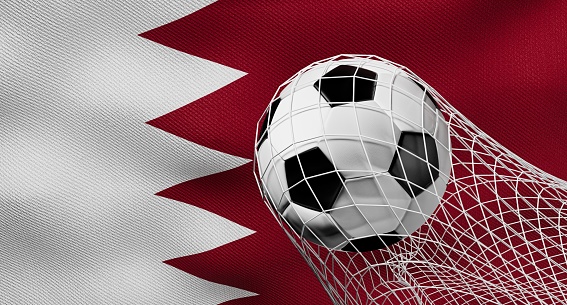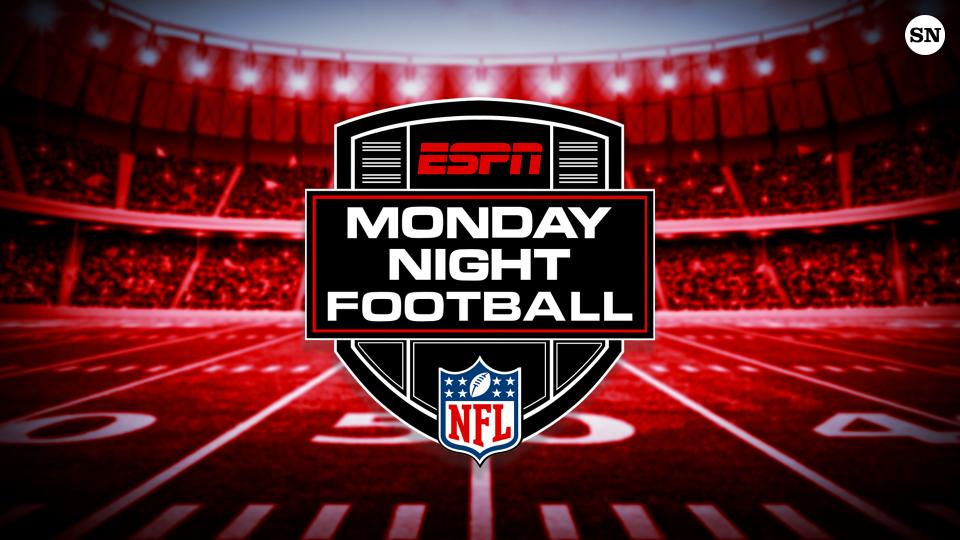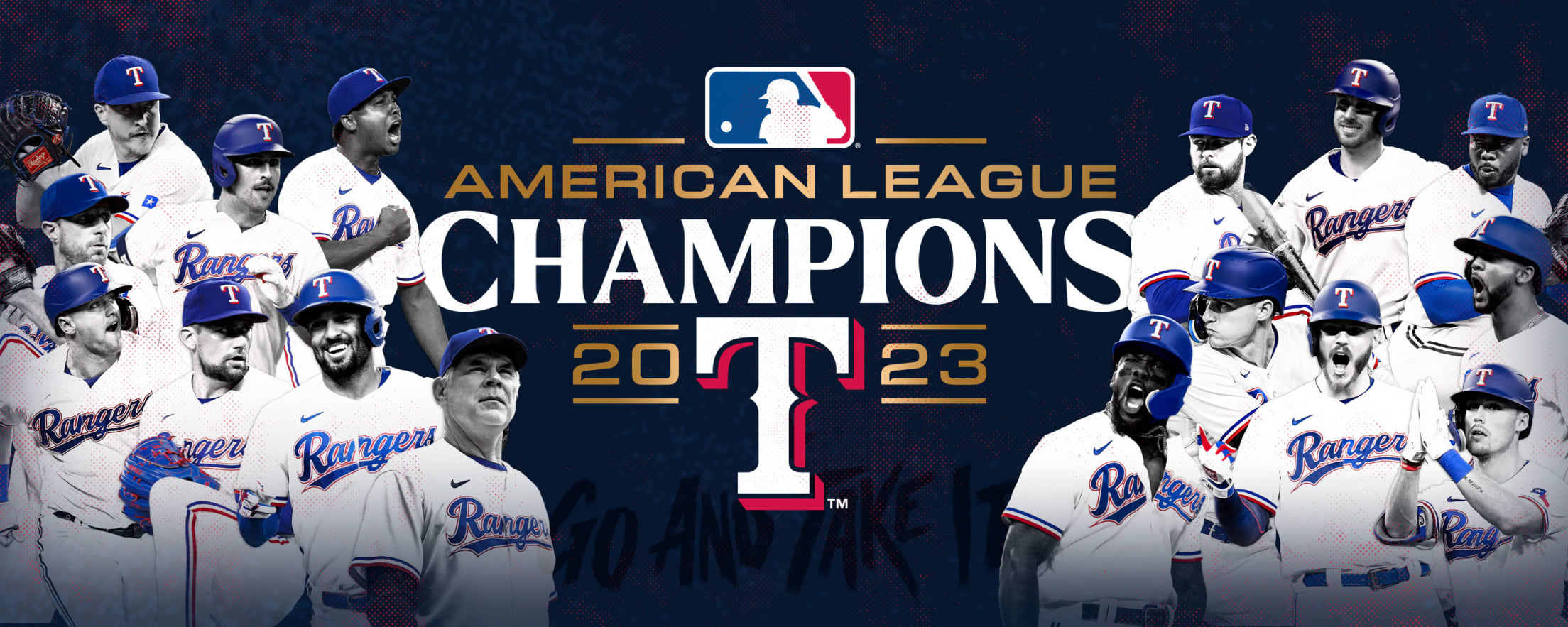On the evening of December 18, the 2022 Qatar World Cup officially came to an end. After a soul-stirring final, which can be called the most exciting final of this century, the football king Messi got his wish and won the gold cup, and the rising star Mbappe was crowned the golden boot.
The old king is complete and the new king is established, which seems to be a standard script that this generation of fans will talk about for many years. However, in many respects, this World Cup is so “non-standard”: settled in a host that has been controversial since before the start of the game, played for the first time in the northern hemisphere winter, and VAR technology has never had such a sense of presence… …
Fortunately, compared with the ever-changing real world, the World Cup still seems to have become what Desmond Morris, author of The Naked Ape, calls an “enclave” of daily life. Every four years, on time, it offers comfort, joy, and a precious sense of certainty to all. From the tradition of collecting star stickers to various voices outside the stadium, we rediscover the purest and strongest love and hate, possession and loss, and a sense of meaning that has been lost for a long time.
“Print may be dying, but World Cup stickers are not”
There is a saying circulating on the Internet: The World Cup is a festival for the “ball blind”. Even if you don’t watch the league very much, you know Messi and Ronaldo, and you can choose a home team with the stars, and you can enjoy it together. In the 2018 Russia World Cup quarter-finals, Argentina also played against France. At that time, the world had not experienced the ravages of the new crown epidemic. People were free to move around, and the air of summer nights was full of enthusiasm for the future. Four years later, watching the World Cup on TV, the circle of friends can occasionally see the news of which friends are “positive”. The world has changed a lot, but the rare sense of emptiness that watching the World Cup can give remains the same.
In the past two days, Fox Sports also published an interesting article, saying that the sales of Panini’s World Cup stickers in the United States have increased significantly this year, even exceeding the total since 2018. You know, although collecting this star sticker is a World Cup tradition, it only started selling in the United States in 2010, and it didn’t really start to attract a lot of people’s attention until 2018.
The article analyzes that the sudden popularity of this sticker this year is not only due to the US national football team’s return to the World Cup, but more importantly, people have begun to regain many “pre-digital age” traditions under the influence of the new crown epidemic. Interestingly, although the convenience of the online community makes it easy for Panini fans to exchange their redundant star stickers, young people still choose to put these stickers in the most old-fashioned way. Interact with other people by post office delivery.
When the person in charge of a Panini sticker manufacturer was asked whether this product might exist only in digital form in the future, he said without hesitation: “Prints may gradually die, but I don’t think World Cup stickers will.” It was a very emotional answer. The boss seemed to be reminding everyone that no matter how the world changes, the World Cup will come on time every four years and remind everyone of those long-lasting traditions.
The World Cup in the Age of Social Media:Can’t stay away from politics
Describing the World Cup as an “enclave” of everyday life isn’t all about boasting, though. Looking at the circle of friends this month, you will find that the fire in Urumqi happened unexpectedly when the group stage was in progress. At the same time, on the other side of the ocean, researchers in the University of California system continued to protest against the low wages. In a few days, information related to these two incidents appeared frequently, which once made people careless. Didn’t come back to life in the group, or what kind of East Asian miracle did Japan and South Korea create.
This is also reminiscent of a cultural commentary published by the American “Atlantic Monthly” in March last year. The topic was how will the new crown epidemic affect comedy ? The article believes that persistent negative information will make society gradually lose the atmosphere and mood of enjoying comedy. In the “post-coronavirus” era, laughter will become a burden and become inappropriate. Although the conclusion seems a bit fussy, the phenomenon that the author is worried about does have its value.
It is increasingly unrealistic to expect football to truly become a utopian enclave, and a big factor in this is the boom in social media. It may also be a subtle but important change in the way people watch the World Cup over the years. Some scholars also refer to this phenomenon as “medialization of social life”.
In this World Cup in Qatar, news other than pure football attracted almost half of the attention: many media reported the phenomenon of a large number of laborers dying from overwork in Qatar during the construction of the World Cup infrastructure, but they still approved the International Cup held in Qatar knowing the current situation of labor. The Football Association has frequently become the target of public criticism; many European national teams including England, Germany, the Netherlands, and Switzerland collectively wore rainbow “OneLove” armbands during the game to support the LGBTQ group suppressed by Qatar’s local culture; Iran’s national team refuses to sing national anthem to show support for women’s struggle at home
Almost all of these news appear at the same time as the real-time game at the first time. You can not only understand the situation on the scene, but also immediately see various extended discussions surrounding these events. The phrase “don’t make football politicized” looks somewhat funny.
In fact, the recent World Cups have not only been unable to stay away from politics, but have also become the spotlight of political issues, and even the social background of the venue will have a blessing effect. The 2014 World Cup in Brazil saw large-scale demonstrations about local government corruption and inequality, and the 2018 World Cup sparked discussions on social media about racism in sports. A recent article in The Atlantic pointed out that the politicization of sports events and athletes around the world, including football, will become an increasingly prominent phenomenon in the next few years. Among them, important public events such as “Black Lives Matter” (Black Lives Matter) have played a role in fueling the flames, but the influence of social media is crucial. As the influence of social media on contemporary politics continues to strengthen, players are also gradually Consciously speak out on relevant issues .
In many of the articles written about the World Cup this month, football and politics have been brought up at their origins. Sitting on the cultural identity of a “working class movement”, football has been an important part of shaping collective consciousness and brewing politics because of its emphasis on teamwork and physical confrontation from the very beginning, supplemented by the highly contagious emotions among crowds of spectators. A hotbed of action. Not to mention that football is deeply embedded in the historical development process of many countries and has become a political symbol.
Take Argentina, which won the championship this time, as an example. A recent article in the “Guardian” reported a group of fanatical Argentine fans-except that they are not in Qatar or Buenos Aires, but in the southernmost tip of India of Kerala. They painted their houses blue and white and erected giant statues of Messi and Maradona in the village. Lacking a national team of its own to support, India and many other countries in South Asia have developed a special kind of loyalty to teams from other countries, especially Argentina.
A local villager interviewed even said: “This country and its football team symbolize the irresistible impulse of human beings to liberate themselves from oppression.” This symbolic understanding is just like that of Maradona. The highly controversial “Hand of God” in 1986 was also seen by many as a response to the Falklands War.
Both history and reality are proving to us that if the “enclave” is a pure land that is completely insulated from politics, then the World Cup has never been and probably should not be. It provides sacredness and passion for our daily life, and is deeply involved in it. real history.
More importantly, we don’t have to worry about football becoming politicized, but we need to beware of realpolitik becoming “soccerized”. A psychology article in 2020 once pointed out this problem. In an increasingly politically polarized world, people’s understanding of politics has become more and more “choosing teams and standing on teams”, ignoring the facts and competing with their own “teams”. “Coexistence and death, this is a more hidden problem for human beings.
Witnessing Messi’s dream come true at the end of his career is the best reward for every struggling ordinary person
In addition to politics, “unpopular” is also a word that has been frequently used to describe this World Cup this month. From Saudi Arabia to Argentina at the start of the group stage, to the suffocating penalty shootout between Croatia and Brazil in the knockout round, the number of plot reversals has made people doubt the definition of “unpopular”. A sports magazine once commented that compared with the usual football leagues, the teams in the World Cup tend to play more conservatively and focus on defense, so they often fail to score very high scores, but the results of the game often reward these seemingly A solid but tenacious team. This style of competition is the natural birthplace of “drama”. Various miracles of defeating the strong by the weak often occur in this stalemate of hand-to-hand combat
In a sense, this is what makes the World Cup less like an enclave — more like the truth of life itself. It’s “not as good as you think it is, and it’s not as bad as you think it is,” full of occasional surprises and sudden misfortunes, but never shy about rewarding those who do their best.
Not everyone is enthusiastic about football. In their eyes, football exposes a lot of bad aspects of human nature. Even if it has something to do with politics, it may just add to politics that should be full of rational trade-offs and complex games. More crowd irrationality. Among these people who treat each other with cold eyes are many well-known writers and scholars. For example, Orwell, who has always been vigilant against totalitarian politics, called football a naked war in the civilized world. sadistic pleasure in violence”. Borges ridiculed even more mercilessly: “Football wins the hearts of the people, because stupidity wins the hearts of the people.” The left-wing historian Hobsbawm’s words have been used by many cultural commentators to criticize the fanatical nationalism spawned by football: For humans, the imaginary community of millions of people is better than a team of eleven people. more realistic.
No matter how famous these commentators themselves are, their cynicism cannot prevent football from becoming the veritable number one sport in the world, and even the religion of the modern world. In an era of value disenchantment, football provides a rare collective joy with a sacred meaning, so it is irresistible to affect everyone’s heart. With the famous “The Naked Ape” author Desmond Morris in “Why Football?” In the words of the book, football can become the most popular sport in the world, the root of which is that it helps us “return to the original”: we return to tribal fighting each other in football games, and we worship stars just as we once believed in Priests and gods.
An article on BBC Culture once made a somewhat tricky comparison. The author found that many photos from the World Cup scene coincided with the composition of famous paintings with religious meaning. For example , in 2018 , the Colombian team’s Yerry Mina scored the first goal of the game for the team, which is similar to the famous painting of “Ascension of Jesus”. The close-up photos of Neymar, who was frequently violated by opponents, fell to the ground and the referee came to inquire about his injuries, coincidentally reminded people of Caravaggio’s famous “Doubting St. Thomas” – in the eyes of fans, come to ask The referee who inquired about Neymar’s injury was like Saint Thomas huddling around the risen Christ, poking his finger at his wound to test its authenticity.
In a World Cup ceremony, we re-experience the purest and strongest love and hate, possession and loss, as well as the long-lost religious sense of meaning, and the football star is the indispensable carrier. But the reason why football is a “modern religion” is because these existences that are worshiped as gods by fans under the spotlight and entrusted with meaning are not really high above and far away from the world of mortals. On this point, people who witnessed Messi’s championship night last night must have a stronger feeling. On Douban, some users called it “the worst night in 2022 “. On Weibo, some people said that Messi, who has been working hard in a low-key manner, finally realized his dream at the end of his career, which is the best reward for every struggling ordinary person.
These words also imperceptibly express the way the stars in the World Cup give people strength in this era: they use extraordinary performances to bring us fantasy dreams that are above the daily life, but each of us can learn from them. see yourself. The World Cup has come to an end, but we have not bid farewell to it completely, and the traces it left on each of us in our daily lives still remain.




